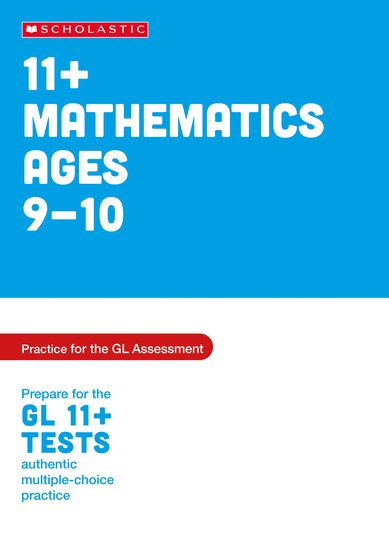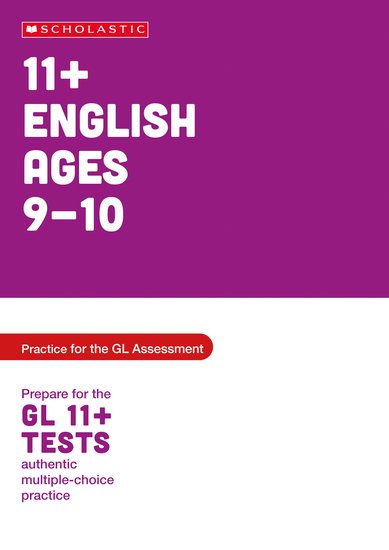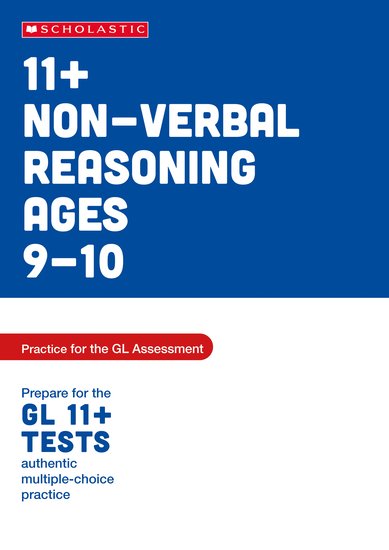Information for Parents – Tips and Advice
Tips & Advice
Our Pass Your 11+ series was edited by Tracey Phelps, an established 11+ tutor. Tracey has helped hundreds of children prepare for the 11+ exam. Here are some top tips from Tracey to help parents prepare their child based on their year group.
Tips for Preparing for the 11+ exam
Maths
Try to resist the temptation to ‘overrule’ your child when examining different methods with which to tackle the basic operations in maths; they will have been taught differently in their primary school and it is better to try and understand how they arrive at their answers, rather than try to impose a method that you were taught!
Students should have solid skills in the following:
- Place value, square and cube numbers.
- Roots, prime numbers, and factors.
- Fractions: finding fractions of amounts, equivalent fractions, simplifying fractions, proper fractions, improper fractions, mixed numbers, adding, subtracting, multiplying, and dividing fractions.
- Time: analogue, digital, 12-hour, 24- hour, world time zones.
- Decimals, fractions, and percentages: rounding to a given number of decimal places.
- Money: our coinage system, currency conversion.
- Measurement: metric units of length, mass, and capacity.
- Area and perimeter: compound shapes, surface area and volume.
- Mean, median, mode and range.
- Ratio and probability, scale.
- Angles, shapes, compass points, symmetry
English
The 11+ exam places a big emphasis on comprehension. This mean your child’s comprehension skills need to be excellent. I’ve found that some children don’t enjoy comprehension practice because at school, they will typically be exposed to the type of comprehension where they will have to answer the questions with complete sentences.
11+ comprehension questions are multiple-choice so one way to tackle your child’s reluctance is to impress upon them that they will not have to write much! The key to success in comprehension is to find a subject that your child might find interesting, try making up your own comprehension activities – for example if you have a football mad son, copy and adapt a match report from a newspaper and think up some questions yourself.
Non-Verbal Reasoning
Be sure to test your child’s ability in the Non-Verbal Reasoning (NVR) component as early as possible. Whilst it is generally the case that a mathematical brain will be able to process NVR easily, this is not always the case and therefore any weaknesses should be addressed earlier rather than later.
Tips for Preparing for the 11+ exam

- Begin to introduce Jumbled Sentences and Cloze passages into your child’s study program.
- Encourage your child to read widely, there is truly no better way to improve vocabulary than to have a love of reading and to explore unfamiliar words
- About half-way through year 5 is an ideal time to start to work on full length practice papers. At this stage, time management should not be a factor and children should concentrate on accuracy rather than speed.
- Begin to concentrate on building up speed during the summer of year 5.
- Practice using shorter papers to build confidence and speed and consolidate skills learned
FREE delivery available



